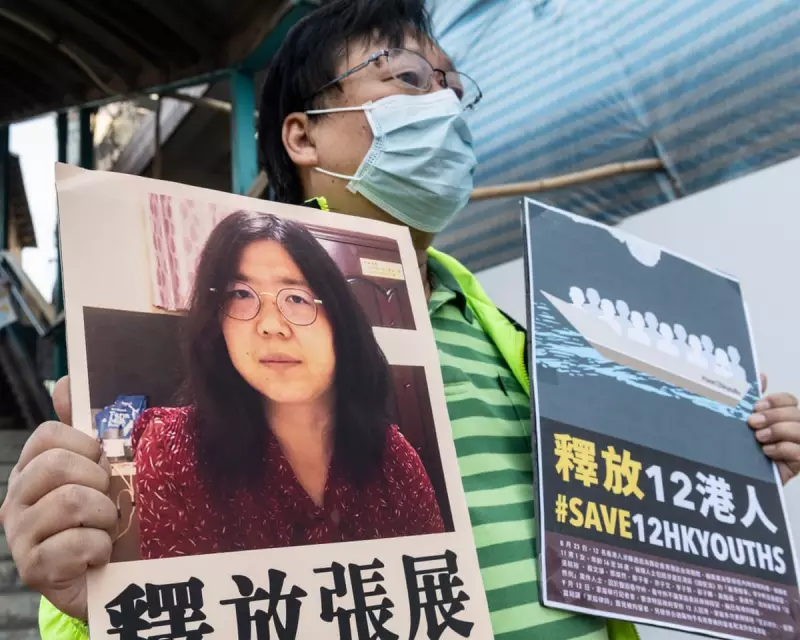
Chinese citizen journalist Zhang Zhan, whose courageous reporting from Wuhan during the early days of the pandemic made her an international symbol of press freedom, is facing a second trial on fresh charges while already serving a four-year prison sentence.
The new case against the 40-year-old former lawyer, who documented the initial Covid-19 outbreak when official information was scarce, has drawn sharp criticism from human rights organisations and press freedom advocates worldwide.
Background of the Case
Zhang Zhan was initially arrested in May 2020 after travelling to Wuhan to independently verify the situation on the ground during the crucial early weeks of the pandemic. Her reporting provided firsthand accounts that often contradicted the official narrative being promoted by Chinese authorities.
In December 2020, she was convicted of "picking quarrels and provoking trouble" - a charge frequently used against government critics - and sentenced to four years imprisonment. Concerns about her deteriorating health in detention have been repeatedly raised by her family and international observers.
Latest Developments
The second trial, scheduled for September 18th, 2025, involves additional charges that could potentially extend her imprisonment. Details remain scarce due to the opaque nature of China's judicial system when dealing with politically sensitive cases.
International human rights groups have condemned the continued persecution of Zhang, with Amnesty International describing the new charges as "a blatant attempt to silence a courageous truth-teller."
Broader Implications
Zhang Zhan's case exemplifies the increasingly restrictive environment for press freedom and free expression in China. The government has systematically tightened controls over information flow, particularly regarding public health matters and political dissent.
Her treatment has become a focal point for international criticism of China's human rights record, with multiple UN human rights experts and Western governments calling for her immediate release.
The outcome of this second trial will be closely watched by journalists, human rights advocates, and diplomatic communities worldwide as a bellwether for the state of civil liberties in contemporary China.





